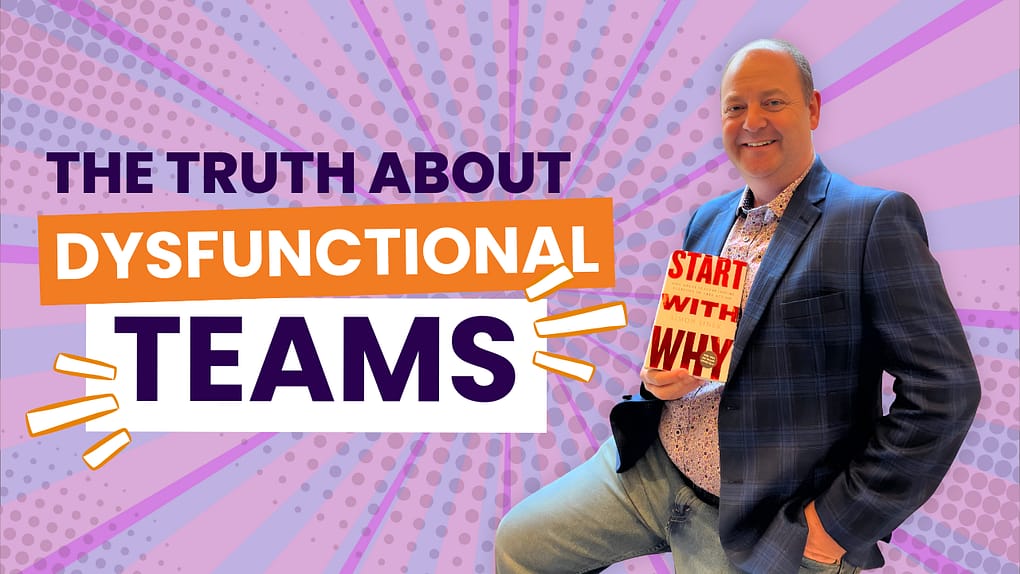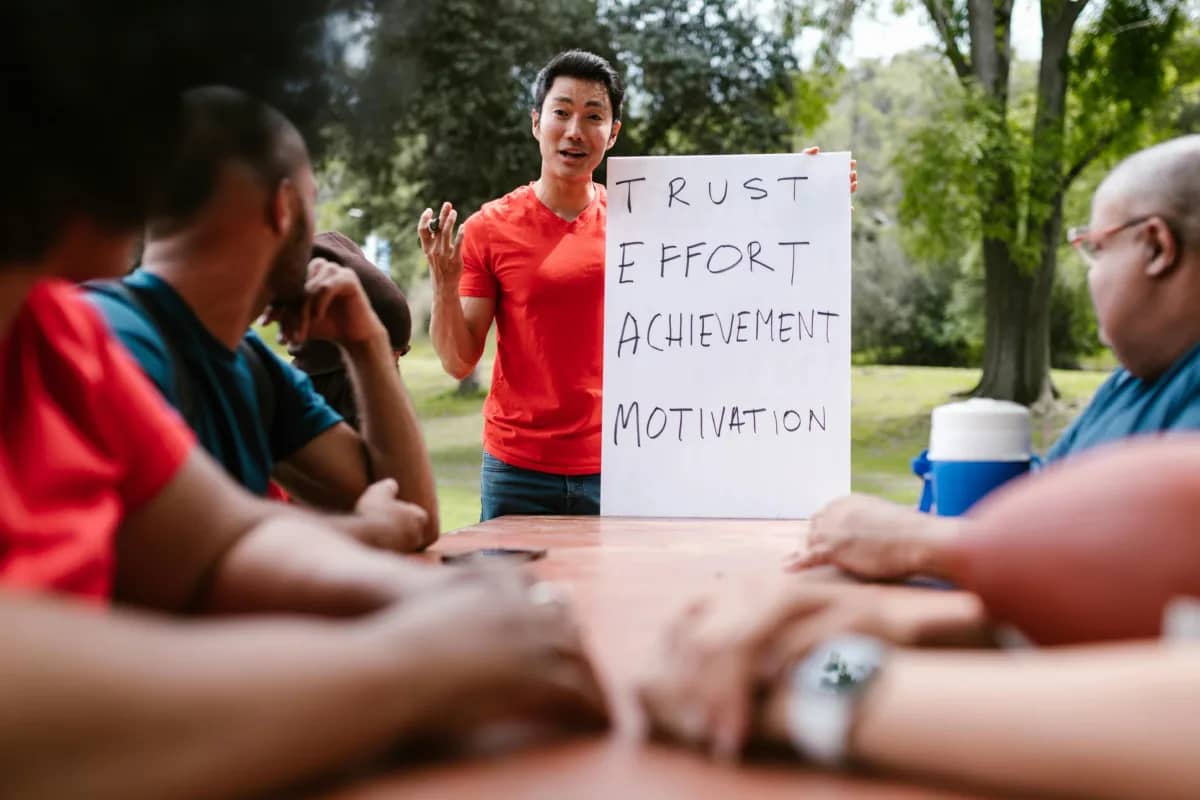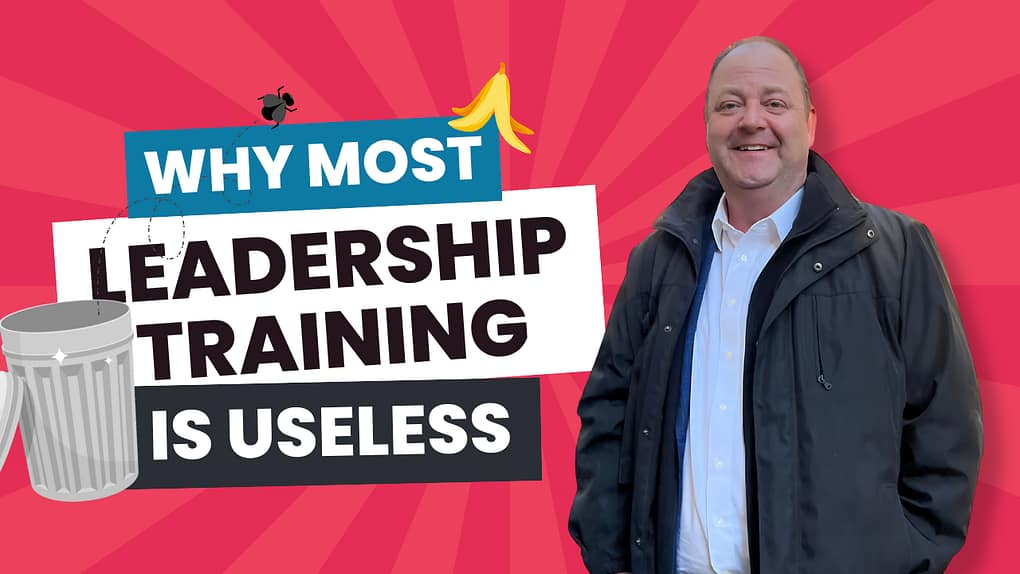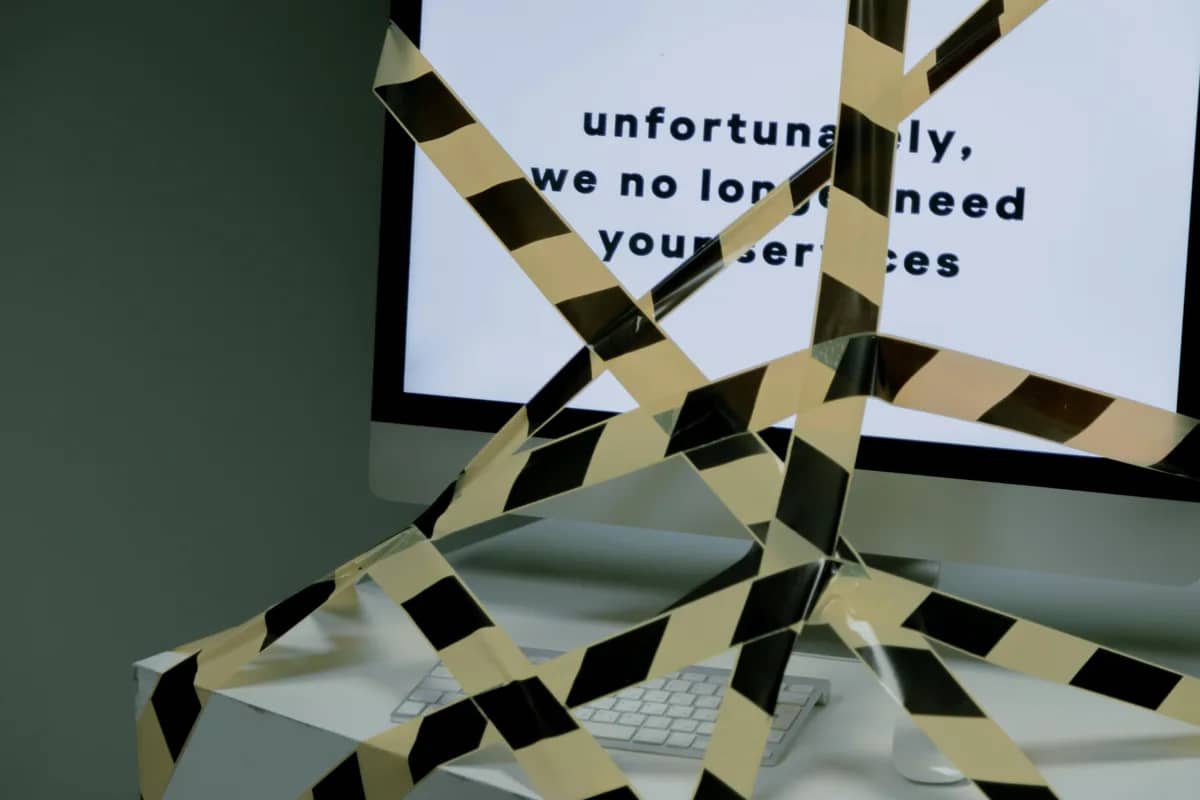Dysfunctional teams often appear deceptively strong at first glance. Teams dominated by a single DISC personality type risk severe imbalance.
Author Archives: Andrew Lamb
Retaining top talent can be challenging. While competitive pay and benefits matter, the DISC model can help keep employees committed.
Building a balanced team requires intentional effort and a deep understanding of individual strengths. The DISC Assessment helps with this.
Surface-level perks no longer sway the modern workforce. Upgrade your talent retention strategy to keep your best people around.
Understanding how different DISC personalities interact allows leaders to proactively manage conflicts and enhance team collaboration.
By aligning team roles to natural strengths, businesses can enhance collaboration, streamline decision-making, and boost overall productivity.
Organizations must shift from viewing leadership training as standalone events to integrating leadership development into everyday operations.
Without continuous practice, accountability, and real-world application, leadership training becomes mere information, not transformation.
Even with the right qualifications, some hires don’t fit your team. DISC team building helps with hiring decisions that improve team dynamics.
During restructuring, the difference between a smooth transition and a disruptive one lies in how leadership communicates with their team.
